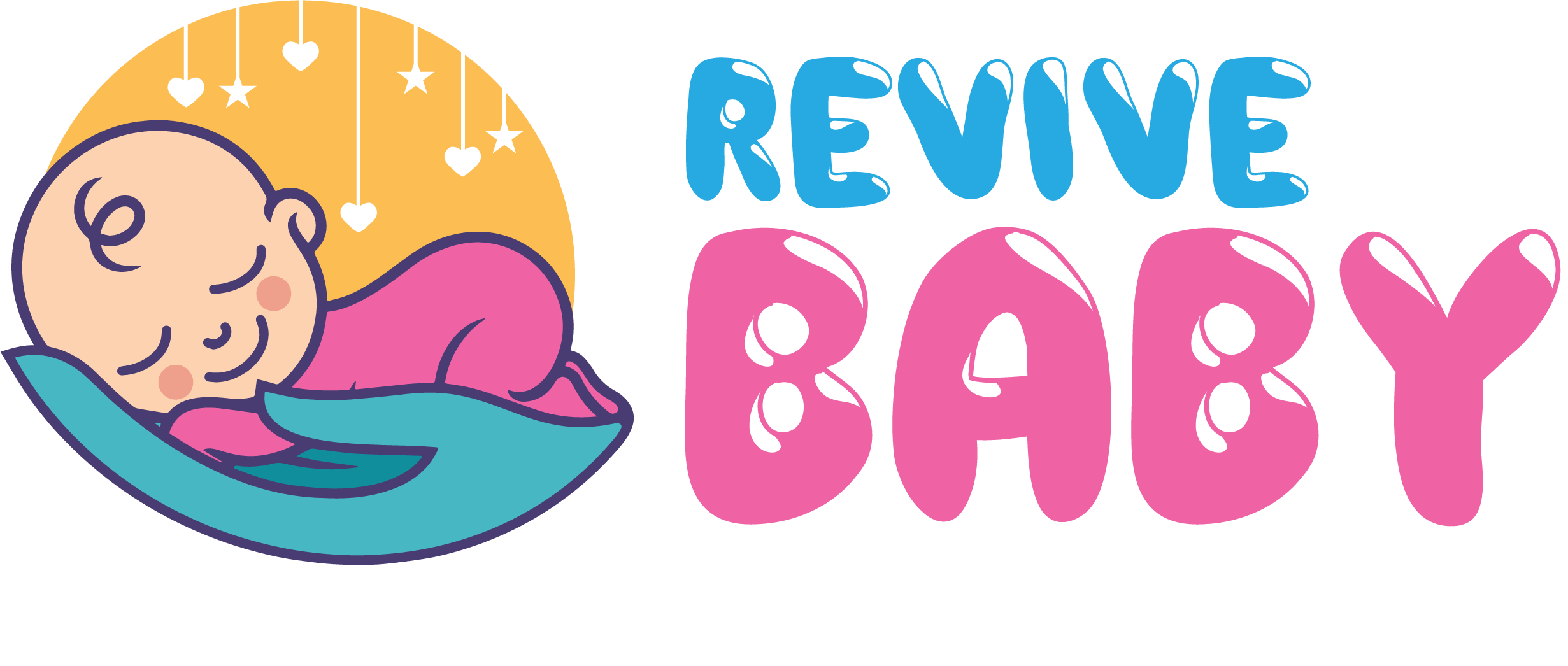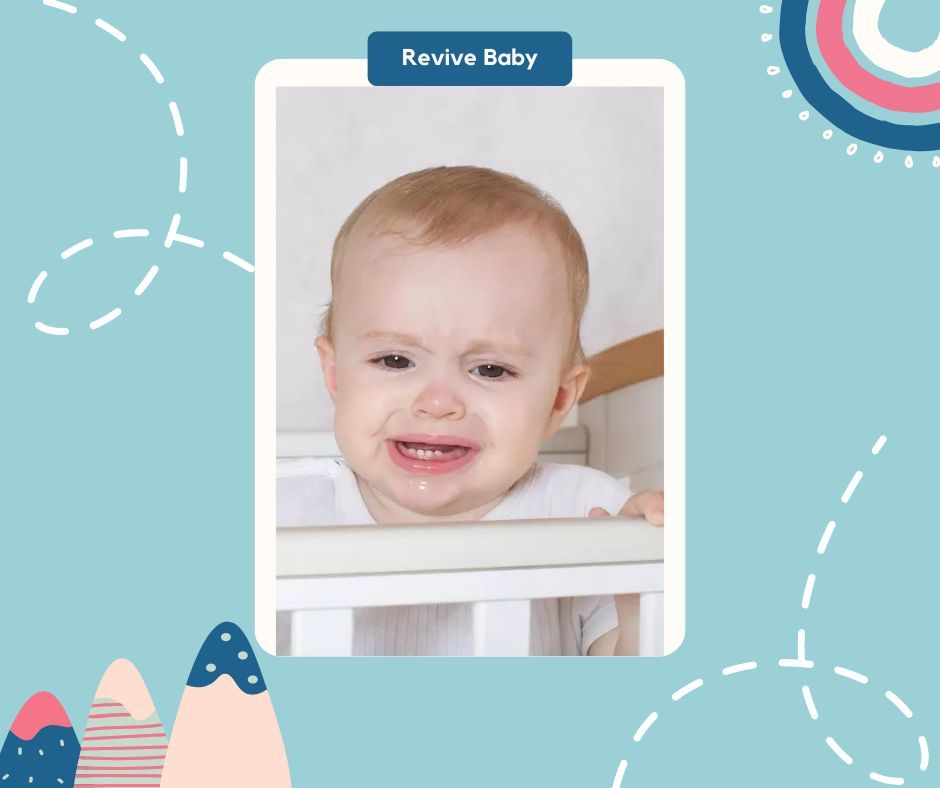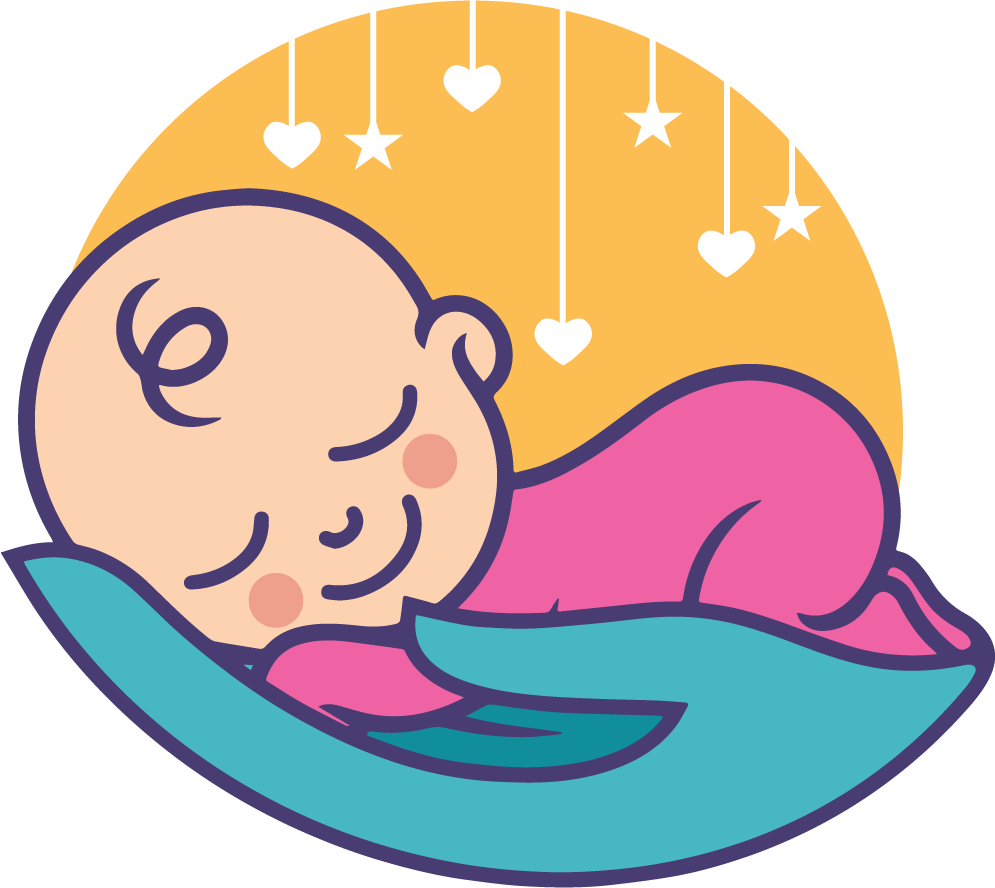According to medical experts, 20 to 30 percent of youngsters grind their teeth or clench their jaw, commonly during sleep or as a response to stress.
As a parent, you may be worried if you find your infant has formed a habit of grinding their teeth. While it’s not emergency phenomena and most youngsters grow out of it gradually, you’ll want to manage their bruxism early to minimize teeth damage and decay.
Why do Kids Grind Their Teeth?
As we noted, a baby or toddler grinding teeth might simply be their method of learning about how their mouth works or it can be a reaction to teething discomfort.
Bruxism in children might be the result of tension, stress, or irritation, or it can be an unintentional habit that develops when a child is trying hard to concentrate.
Anxiety may induce sleep bruxism, but it's more likely that it's caused b sleep apnea-related arousal, which can affect youngsters as well. Other risk factors for teeth grinding in children include:
Age - Teeth grinding in young children is typical and it frequently goes away by their teenage years.
Genetics - Sleep bruxism may run in families.
Drugs — Certain medications, especially those used to treat ADHD might increase the probability of teeth grinding in youngsters.
What is Bruxism?
Bruxism is a disorder that affects individuals of all ages, including young toddlers. It includes grinding, clenching or gnashing the teeth. It’s often unconscious, meaning youngsters do it without thinking about it.
While youngsters grind their teeth when they’re awake, it’s called awake bruxism. Clenching or grinding teeth at night during sleep is termed sleep bruxism. When children have sleep bruxism, they may also have additional sleep problems including snoring or sleep apnea.
When Should Parents Take Their Children To See a Dental Surgeon About Teeth Grinding?

Mild bruxism in babies and toddlers usually doesn’t require treatment and they’ll likely outgrow it. That said, there are always outliers to regular teeth grinding that indicate a variety of signs to watch out for.
However, if you’re worried, you may always bring it up with your pediatric dentist during your child’s routine checkup. Tooth damage or wear, jaw discomfort, earaches, and headaches are all possible side teeth of more vigorous grinding.
In older children, it’s a good idea to keep a closer check on teeth grinding so that they don’t harm their permanent teeth. If your kid is in discomfort due to teeth grinding, contact your pediatric dentist and arrange a visit.
Bruxism Issues You Should Know About
You may not be able to tell whether your infant is bruxing when he or she is fast sleeping. A pediatric dentist will be able to assess the state of your baby’s teeth for symptoms that bruxism may be happening. Bruxism in babies may have the following short-term effects:

- Painful chewing: Your infant can have difficulties chewing meals.
- Pain in or around the ear may be experienced by your infant if he or she has a headache.
- Tooth sensitivity: Tooth grinding causes enamel to wear down more rapidly. This might make your child’s teeth more sensitive to heat and cold.
- Muscle aches: Clenching the jaw causes pressure to build up in the muscles, resulting in discomfort and stiffness.
Babies with bruxism may have the following long-term effects:
- Chipped teeth: If your infant continues to clench and grind the teeth after wearing away the enamel, the tooth is in danger of shattering.
- TMD is a condition of the temporomandibular joint that causes stiffness and discomfort in the jaw, making it difficult to chew or completely open the mouth. A youngster may acquire TMD from prolonged teeth grinding that happens frequently.
- Flattened teeth: Another possible result is that the infant ultimately flattens a tooth from repetitive grinding.
Natural Remedies:
Bruxism isn’t usually tied to teething, although the two sometimes go hand-in-hand throughout the baby’s first year. Your infant may benefit from gnawing on a teething toy when you become aware of his or her teeth grinding. There is a range of sorts you may try out to determine which one works best.
- Soft and chemical-free teethers are a great alternative to plastic or metal teethers. They’re also naturally antibacterial.
- Silicone teething necklaces are fantastic for while you’re out and about. They allow your infant do some hands-free chewing whenever they feel the desire.
- Ice teethers, like Soother Rings, contain a little quantity of liquid in them that retains a cold. The cold might alleviate the discomfort from teeth pushing through the gums.
There are many variations on the theme of homemade teething remedies. Try soaking most of the washcloth and folding it into quarters. Then freeze for a few hours and let your infant hold it by the dry quarter. The cold and hardness should provide them relief.
FAQs:
Q. Can natural remedies solve teeth grinding?
A. Yes, if implemented with consistency they can cure teeth grinding.
Q. Can teeth grinding be painful?
A. Yes, it can be painful and lead to weak teeth.
Conclusion:
Some parents use amber teething bracelets to relieve teething problems. It's too early to tell whether these necklaces are effective or not. It’s advisable to check with your child’s doctor before using one.
Strangulation is a genuine concern anytime you put anything around your baby’s neck. For safety, remove the necklace before naps and at night.
Bruxism may also be triggered by stress, particularly in older children. If you feel your child’s teeth grinding has anything to do with fears or worry, attempt to address those problems immediately. A relaxing sleep ritual may be beneficial for those who grind their teeth at night.
Related Posts










